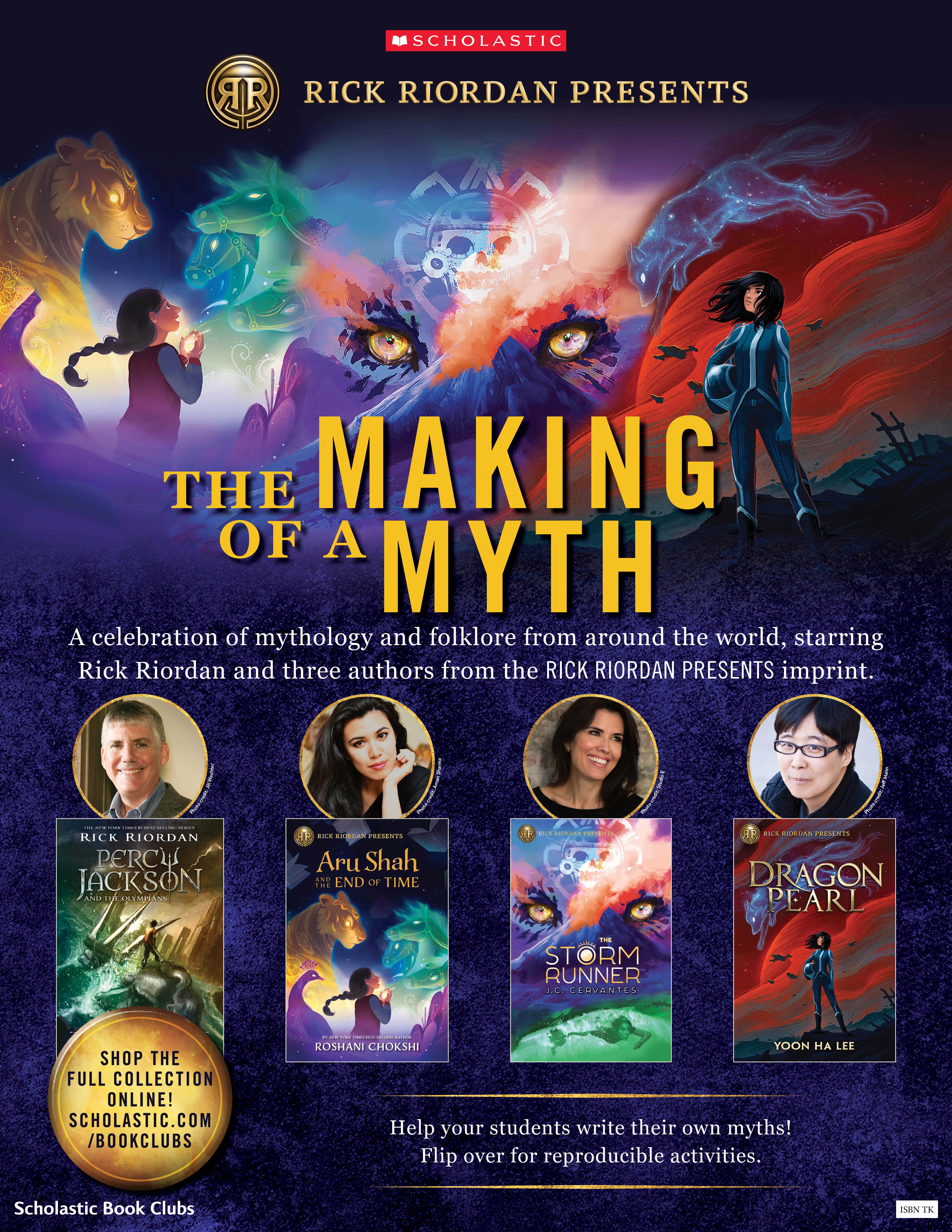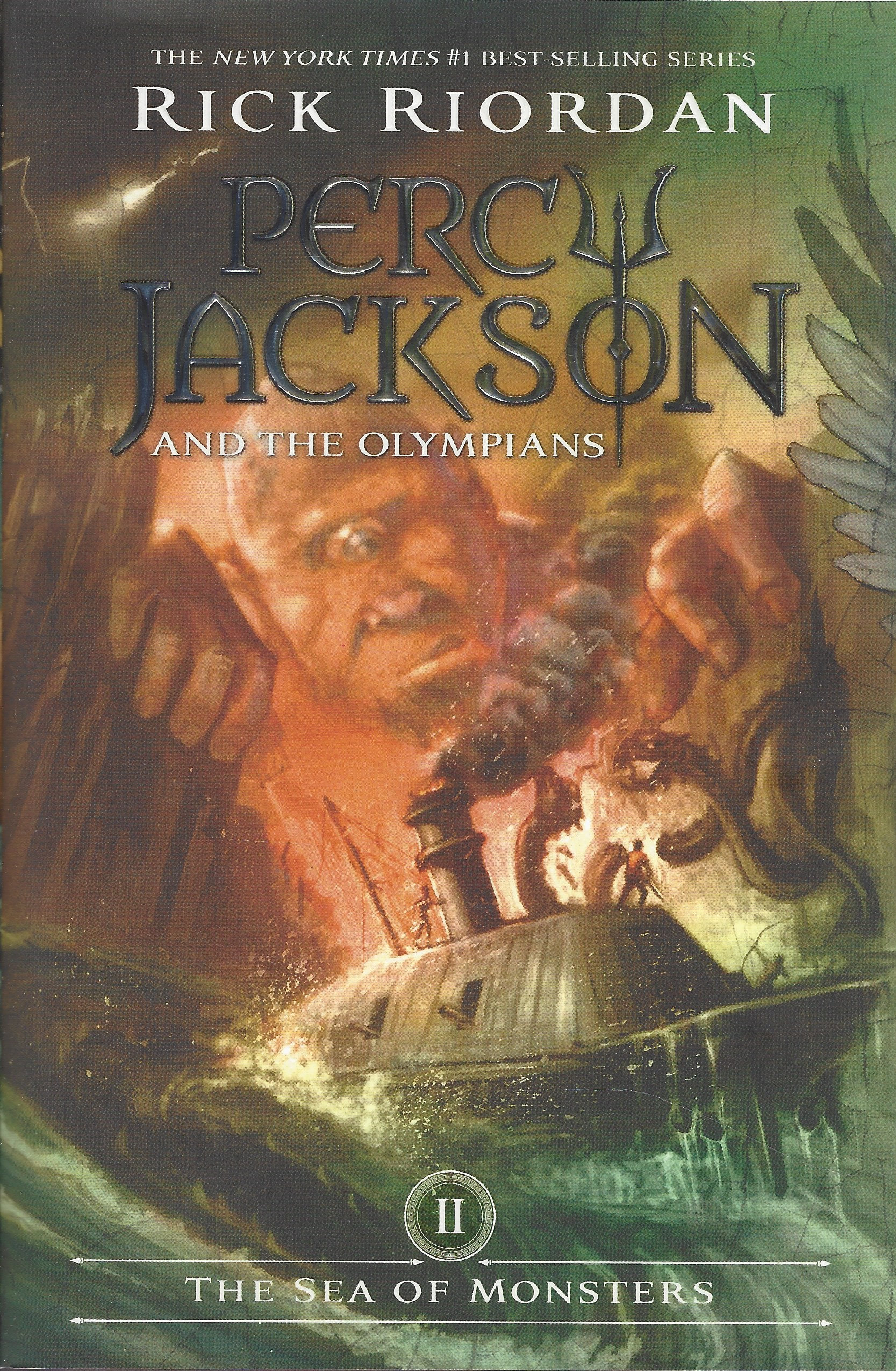
This debate came to mind earlier this month at the New York Public Library, when Rick Riordan, the author of the best-selling Percy Jackson series, was in town to promote “The Blood of Olympus,” the latest and final volume in his second cycle of novels drawing upon Greek mythology. James is the first step toward Shakespeare,” he concluded. He enlisted the example of his own children’s reading habits, and those of his young students, to argue that there is little evidence to suggest that readers will make progress “upward from pulp to Proust.” “I seriously doubt if E.L. “If the ‘I-don’t-mind-people-reading-Twilight-because-it-could-lead-to-higher-things’ platitude continues to be trotted out, it is because despite all the blurring that has occurred over recent years, we still have no trouble recognizing the difference between the repetitive formula offering easy pleasure and the more strenuous attempt to engage with the world in new ways,” Parks wrote. The opposite argument-that the kind of book a child has his or her nose buried in does make a difference-has been mounted elsewhere, notably by Tim Parks, in an essay that appeared on the blog of the New York Review of Books. You’ll wind up with a generation convinced that reading is uncool and worse, unpleasant.” A hackneyed, worn-out idea isn’t hackneyed and worn out to them.” Well-meaning adults, he continued, can easily kill a child’s love of reading: “Stop them reading what they enjoy, or give them worthy-but-dull books that you like, the 21 st-century equivalents of Victorian ‘improving’ literature.

They can find the stories they need to, and they bring themselves to stories. Fiction is a “gateway drug” to reading, Gaiman said. “I don’t think there is such a thing as a bad book for children,” he argued, adding that it was “snobbery and … foolishness” to suggest that a certain author or particular genre might be a baleful influence upon young reading minds-be it comic books or the works of R. In the lecture, which was reprinted in the Guardian, Gaiman came out in favor of what might be called the “just so long as they’re reading” camp.

About a year ago, the novelist Neil Gaiman delivered a lecture at the Barbican, in London, on behalf of the Reading Agency, a not-for-profit organization that promotes literacy and reading for pleasure among children and adults.


 0 kommentar(er)
0 kommentar(er)
